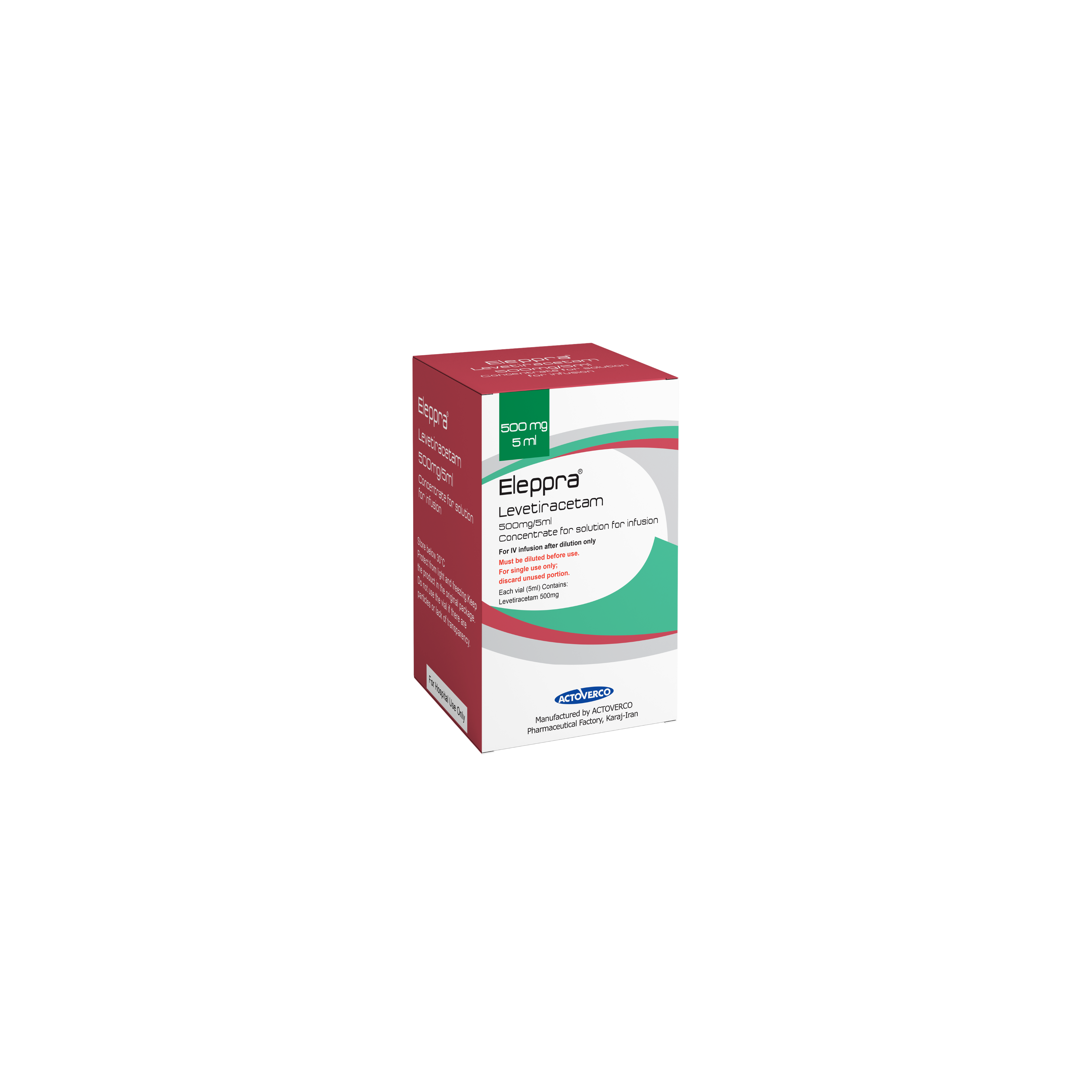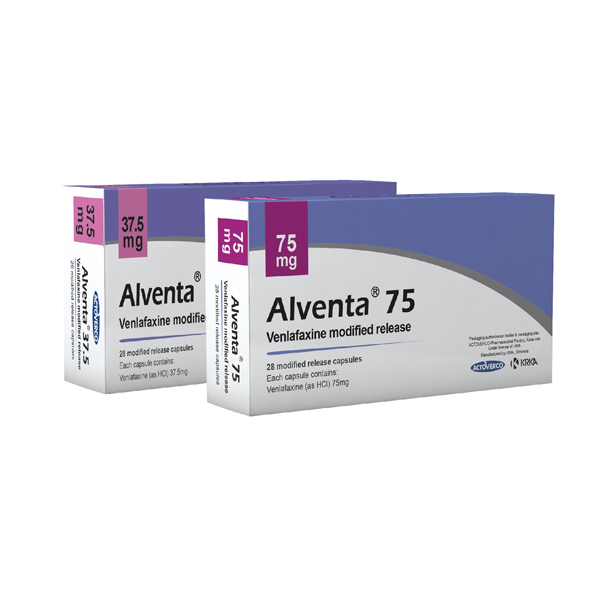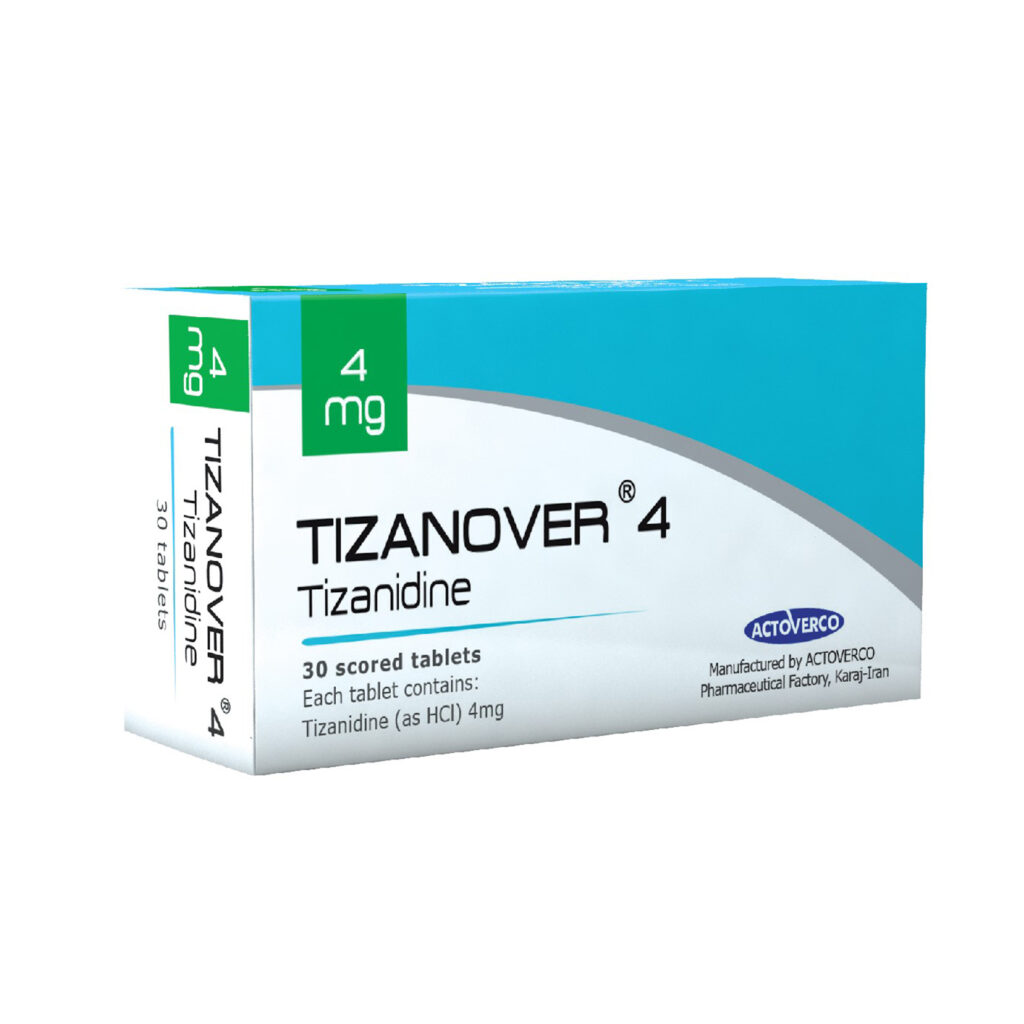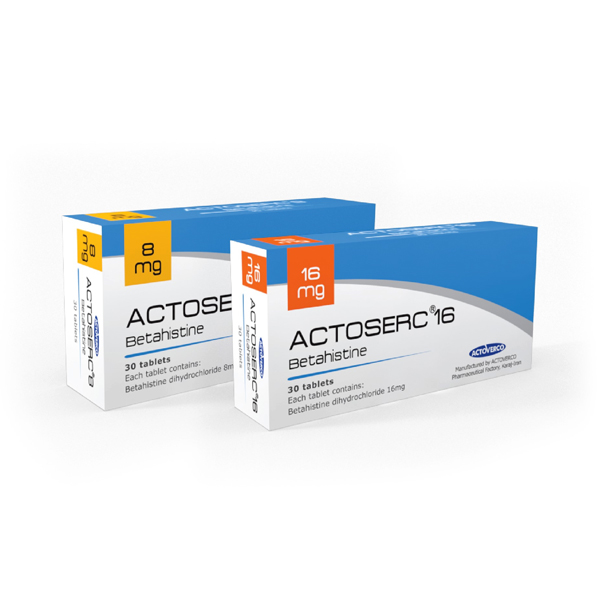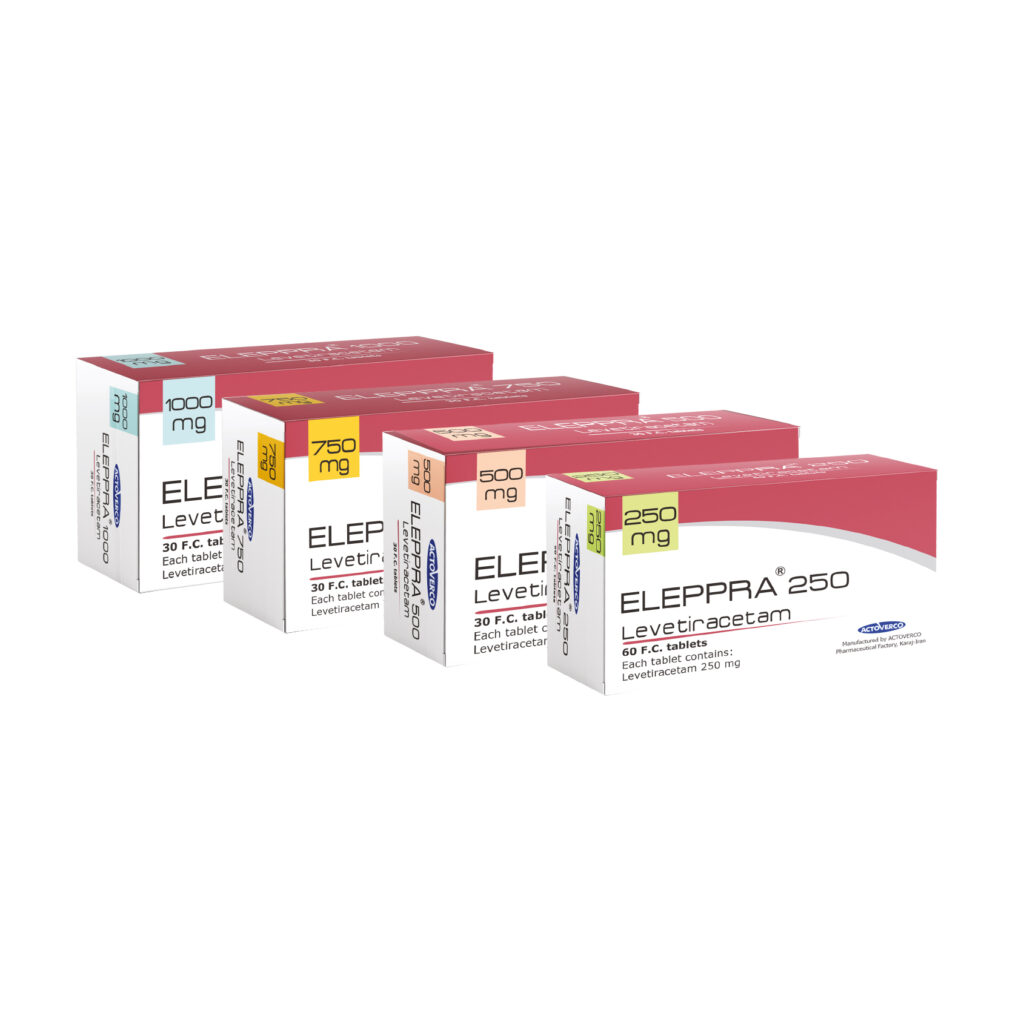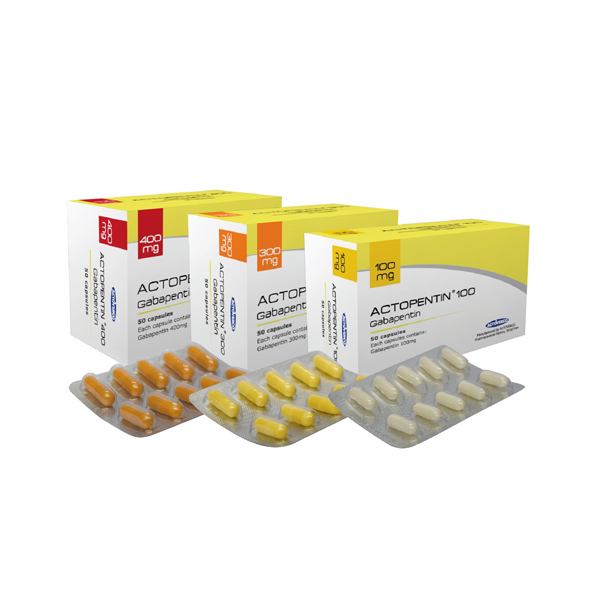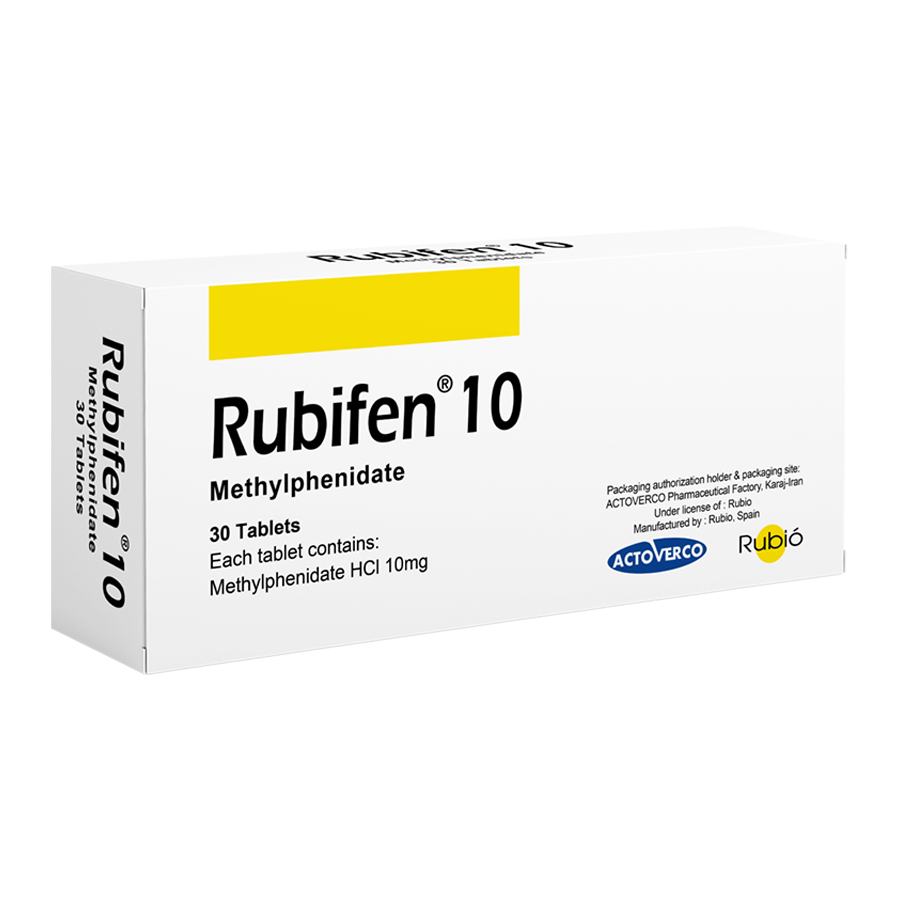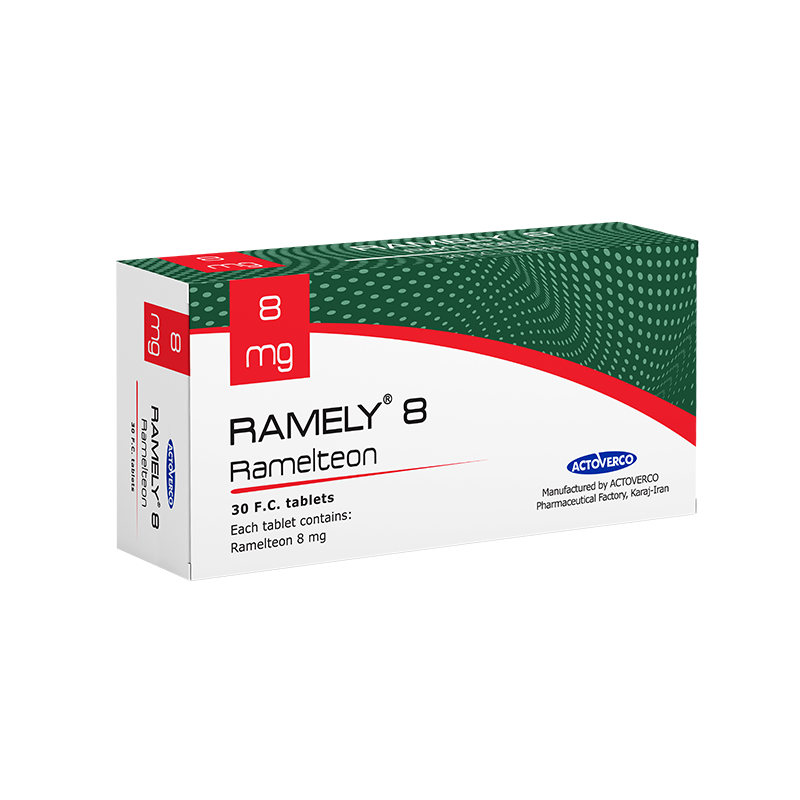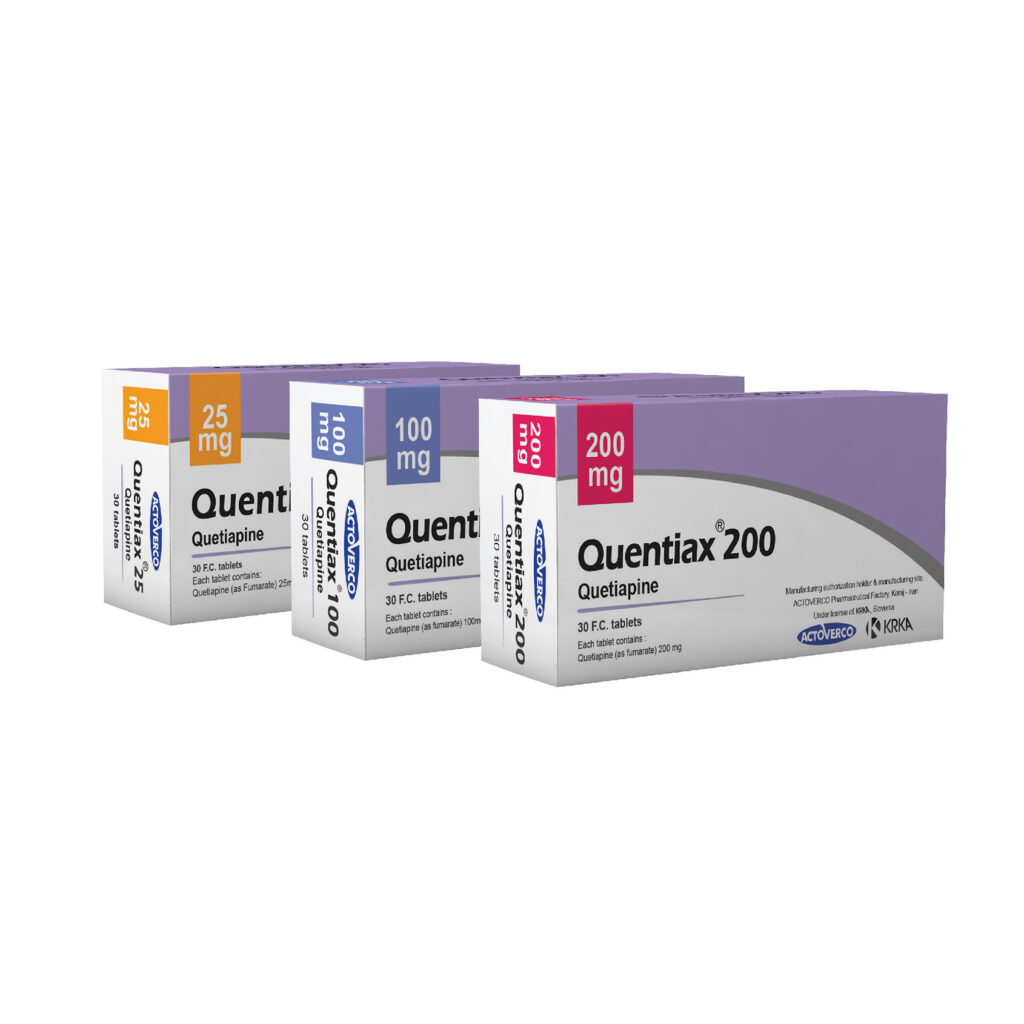ELEPPRA (Levetiracetam)
Category: Neurological Drugs
Product Description:
Eleppra (Levetiracetam) is an anti-epileptic drug produced by Actoverco pharmaceutical factory. Eleppra (Levetiracetam) is prescribed in the treatment of epilepsy to reduce the number of seizures.
Product Introduction
Dosage form:
Injection solution: 500 mg/5 mL single-use vial
What is Eleppra (Levetiracetam) used for?
It is used to treat seizures.
Important notes before taking Eleppra (Levetiracetam):
If you are allergic to this drug; any part of this drug; or any other drugs, foods, or substances. Tell your doctor about the allergy and what signs you had.
If you have kidney disease or are on dialysis.
This is not a list of all drugs or health problems that interact with this drug.
Tell your doctor and pharmacist about all of your drugs (prescription or OTC, natural products, vitamins) and health problems. Do not start, stop, or change the dose of any drug without checking with your doctor.
Important notes while taking Eleppra (Levetiracetam):
Tell all of your health care providers that you take this drug. This includes your doctors, nurses, pharmacists, and dentists.
Avoid driving and doing other tasks or actions that call for you to be alert until you see how this drug affects you.
Talk with your doctor before you use alcohol, or prescription or OTC drugs that may slow your actions.
Have your blood work and other lab tests checked as you have been told by your doctor.
If seizures are different or worse after starting this drug, talk with the doctor.
Do not stop taking this drug all of a sudden without calling your doctor. You may have a greater risk of seizures. If you need to stop this drug, you will want to slowly stop it as ordered by your doctor.
A very bad reaction called angioedema has happened with this drug. Sometimes, this may be life-threatening. Signs may include swelling of the hands, face, lips, eyes, tongue, or throat; trouble breathing; trouble swallowing; or unusual hoarseness. Get medical help right away if you have any of these signs.
If you are 65 or older, use this drug with care. You could have more side effects.
If the patient is a child, use this drug with care. The risk of some side effects may be higher in children.
Tell your doctor if you are pregnant, plan on getting pregnant, or are breast-feeding. You will need to talk about the benefits and risks to you and the baby.
This drug may not work as well to control seizures during pregnancy. If you have questions, talk with the doctor.
Eleppra (Levetiracetam) side effects:
Even though it may be rare, some people may have very bad and sometimes deadly side effects when taking a drug. Tell your doctor or get medical help right away if you have any of the following signs or symptoms that may be related to a very bad side effect:
Signs of an allergic reaction, like rash; hives; itching; red, swollen, blistered, or peeling skin with or without fever; wheezing; tightness in the chest or throat; trouble breathing, swallowing, or talking; unusual hoarseness; or swelling of the mouth, face, lips, tongue, or throat.
Hallucinations (seeing or hearing things that are not there).
Severe dizziness or passing out.
Change in balance.
Trouble walking.
Like other drugs that may be used for seizures, this drug may rarely raise the risk of suicidal thoughts or actions. The risk may be higher in people who have had suicidal thoughts or actions in the past. Call the doctor right away about any new or worse signs like depression; feeling nervous, restless, or grouchy; panic attacks; or other changes in mood or behavior. Call the doctor right away if any suicidal thoughts or actions occur.
Severe skin reactions may happen with this drug. These include Stevens-Johnson syndrome (SJS), toxic epidermal necrolysis (TEN), and other serious reactions. Sometimes, body organs may also be affected. These reactions can be deadly. Get medical help right away if you have signs like red, swollen, blistered, or peeling skin; red or irritated eyes; sores in your mouth, throat, nose, eyes, genitals, or any areas of skin; fever; chills; body aches; shortness of breath; or swollen glands.
Low blood cell counts have happened with this drug. If blood cell counts get very low, this can lead to bleeding problems, infections, or anemia. Call your doctor right away if you have signs of infection like fever, chills, or sore throat; any unexplained bruising or bleeding; or if you feel very tired or weak.
What are some other side effects of this drug?
All drugs may cause side effects. However, many people have no side effects or only have minor side effects. Call your doctor or get medical help if any of these side effects or any other side effects bother you or do not go away:
Diarrhea, stomach pain, upset stomach, throwing up, or decreased appetite.
Feeling dizzy, sleepy, tired, or weak.
Nose or throat irritation.
Trouble sleeping.
Headache.
Flu-like signs.
These are not all of the side effects that may occur. If you have questions about side effects, call your doctor.
What do I do if I miss a dose?
Call your doctor to find out what to do.
How do I store and/or throw out this drug?
Store at room temperature in a dry place. Do not store in a bathroom.
Keep the medicine out of the reach of children and pets in a safe environment.
If you need to store this drug at home, talk with your doctor, nurse, or pharmacist about how to store it.

